It is possible to use a shared database for multiple microservices. You can find the patterns for data management of microservices in this link: http://microservices.io/patterns/data/database-per-service.html. By the way, it is a very useful blog for microservices architecture.
In your case, you prefer to use database per service pattern. This make microservices more autonomous. In this situation, you should duplicate some of your data among multiple microservices. You can share the data with api calls between microservices or you can share it with async messaging. It depends on your infrastructure and frequency of change of the data. If it is not changing often, you should duplicate the data with async events.
In your example, Delivery service can duplicate delivery locations and product information. Product service manage the products and locations. Then the required data is copied to Delivery service's database with async messages (for example you can use rabbit mq or apache kafka). Delivery service does not change the product and location data but it uses the data when it is doing its job. If the part of the product data which is used by Delivery service is changing often, data duplication with async messaging will be very costly. In this case you should make api calls between Product and Delivery service. Delivery service asks Product service to check whether a product is deliverable to a specific location or not. Delivery service asks Products service with an identifier (name, id etc.) of a product and location. These identifiers can be taken from end user or it is shared between microservices. Because the databases of microservices are different here, we cannot define foreign keys between the data of these microservices.
Api calls maybe easier to implement but network cost is higher in this option. Also your services are less autonomous when you are doing api calls. Because, in your example when Product service is down, Delivery service cannot do its job. If you duplicate the data with async messaging, the required data to make delivery is located in the database of Delivery microservice. When Product service is not working you will be able to make delivery.

